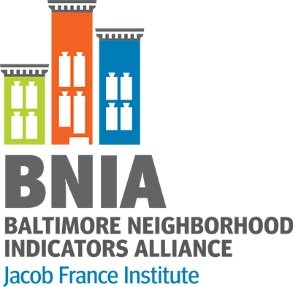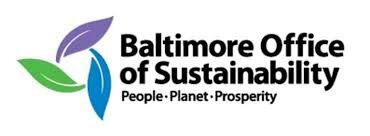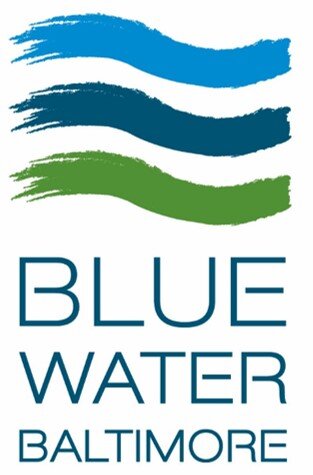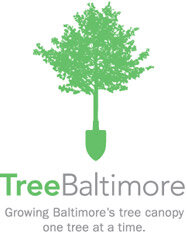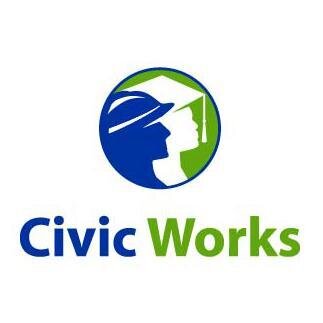Cooling Cities and Enhancing Equity: Costs and Benefits of Smart Surfaces Adoption for Baltimore
downloads:
Over the last two years, new studies have provided a basis for updating several cost-benefit estimates in this report. These are summarized in the 2023 update but do not alter the conclusion that the citywide adoption of Smart Surfaces in Baltimore will have a benefit-cost ratio above 10:1.
Baltimore Project Partners
Background
Lower-income areas of cities are disproportionately hurt by urban heat, flooding, and pollution because they are covered in dark, impervious surfaces and have few trees. This structural inequality in Baltimore—as in many cities—was reinforced by redlining and means that Baltimore is today unequal in ways that limit and damage many of its citizens’ lives.
The SSC Baltimore report demonstrates that these policies are not only grossly unfair but also economically wasteful and can and should be effectively reversed through informed, citywide Smart Surfaces policies.
Community Partnership
The Smart Surfaces Coalition worked closely with and was guided by a range of Baltimore organizations, including the Baltimore Neighborhood Indicators Alliance, Tree Baltimore, Blue Water Baltimore, Baltimore Office of Sustainability, CivicWorks, and other groups working towards healthier, greener, and more livable Baltimore communities.
Objective
Allow Baltimore to understand and quantify the costs and benefits of Smart Surfaces adoption citywide and help meet major Baltimore objectives. Outcomes would include: reduce city summer heat, redress structural inequality, protect tourism industry and expand jobs, increase livability and health of citizens, enhance livability, increase city revenue, and protect city credit rating.
Select quotes on report’s findings
Dr. Georges Benjamin, M.D., former Secretary of Health for Maryland and current Executive Director of the American Public Health Association:
“Extreme heat in urban communities like Baltimore imposes enormous health and financial costs, including increased heat-related deaths. This is especially true in underserved and low-income minority neighborhoods. Adoption of Smart Surfaces city-wide is an essential strategy to address the devastating impacts of climate change and achieve a cooler and healthier city. This report demonstrates how and why Baltimore’s leaders, with state support, should move quickly to adopt Smart Surfaces.”
Chris Riehl, President of the Baltimore Tourism Association:
“Incorporating Smart Surfaces in Baltimore will overall improve the livability and appeal of the city, allowing the city to market itself as more sustainable, energy efficient, and desirable tourism destination.”
Brendan Shane, Climate Director at the Trust for Public Lands, former C-40 Regional Director for North America, former Head of Environmental Policy Washington, D.C.:
“The new Smart Surfaces Coalition is so essential because it provides a powerful new way for cities to address both mitigation and adaptation. It will provide to cities, and groups like C-40, a powerful new way to slow climate change and improve urban resilience and livability. It is one of the largest, and perhaps the most effective, urban climate strategy to limit warming and protect our cities.”


